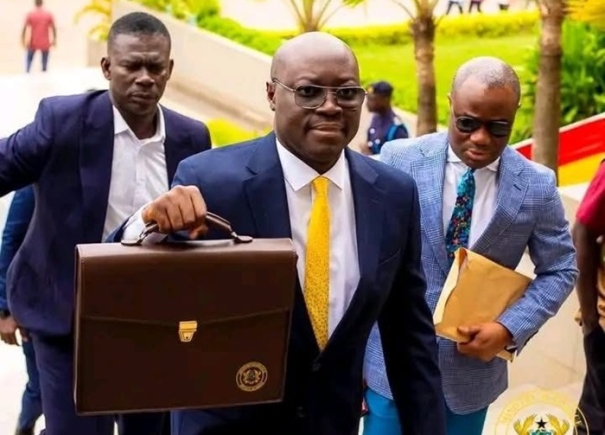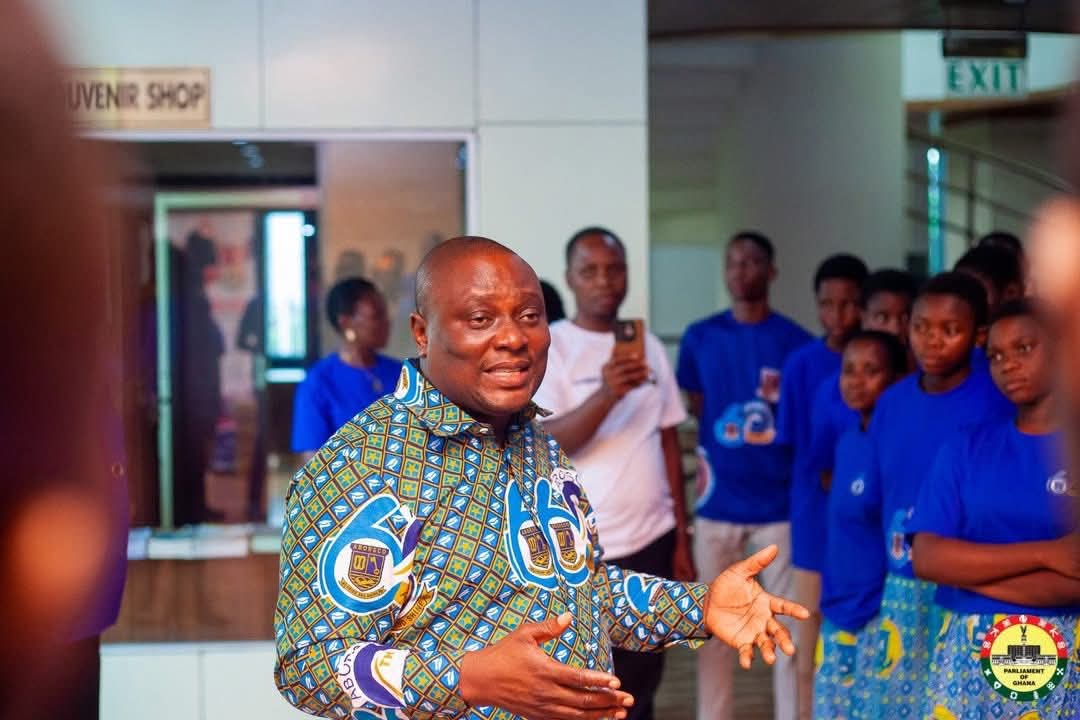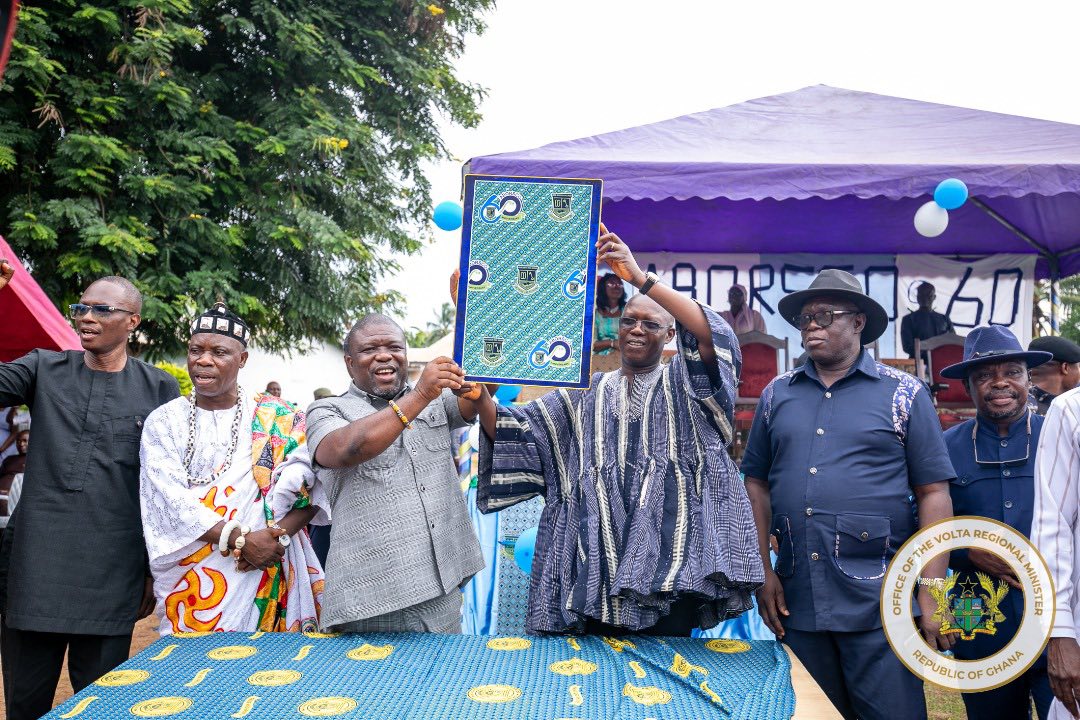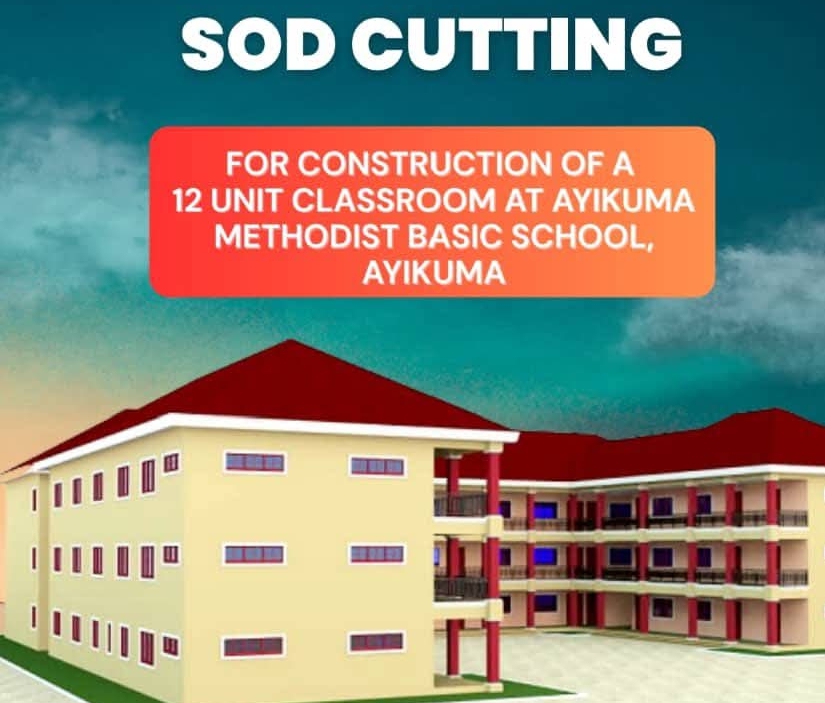Finance Minister Dr. Cassiel Ato Forson appeared before Parliament today with a firm message: Ghana is making real progress. “We’ve taken tough decisions, and we’re starting to see results,” he said, as he presented the government’s mid-year review of the economy.
Dr. Forson made it clear that the government would not be asking for extra money this year. “We’re sticking to the original budget. No top-ups. We’re managing what we have wisely,” he assured lawmakers.
In what he described as a breakthrough, Ghana’s public debt has dropped significantly, from GH¢726.7 billion at the end of 2024 to GH¢613 billion by mid-2025. “This is the first time in our history we’ve seen our debt stock fall,” he noted proudly.
He also reported that the country’s spending gap — or fiscal deficit is shrinking faster than expected. “We’re spending carefully and raising money better. That’s why we’ve kept the deficit well below our target,” he explained.
On inflation, Dr. Forson announced that the cost of living is finally easing. “We’ve brought inflation down from nearly 24% to just under 14% in six months,” he said, adding that the economy also grew by 5.3% in the first quarter.
He revealed that Ghana’s foreign reserves had grown to US$11.12 billion, enough to cover nearly five months of imports. “We didn’t borrow a single dollar to achieve this,” he said. “This is hard-earned stability.”
But it’s not all good news. Dr. Forson admitted that customs revenue had fallen short by GH¢1.6 billion. “There’s still too much smuggling and under-invoicing. We’re using technology to fix it,” he said.
One of the most concerning revelations was about payroll fraud. “We found over 14,000 ‘ghost’ workers and thousands more still being paid after resigning or retiring,” he revealed. “We’re taking steps to clean this up and recover the money.”
On infrastructure, the Finance Minister said investigations had begun into 55 stalled projects. “Some contractors took money but didn’t deliver any work. We’re reviewing every single one,” he warned.
He added that the government has reduced how much it plans to borrow locally this year. “We’re cutting borrowing and setting aside money to repay future debts — we’re planning,” he said.
Dr. Forson ended on a hopeful note, announcing that Ghana’s credit rating had been upgraded for the first time in years. “This tells the world we’re back on track,” he said. “Let’s stay the course.”
Even though the budget offers a dose of hope, your guess is as good as mine, Ghanaians and the business community will wait to see whether these figures and promises translate into tangible change.
By Julius Blay JABS






































